 Video
Video
Crime & Violence in Central America
In El Salvador, a large population is incarcerated in jails that function more like “torture chambers.”
In El Salvador, a large population is incarcerated in jails that function more like “torture chambers.”
On October 3, the Inter-American Dialogue hosted an event entitled “How Insecurity Shapes Daily Life in Central America” to discuss a report recently published by the Inter-American Dialogue and the Latin American Public Opinion Project (LAPOP) on crime avoidance in Central America. The event was moderated by Michael Shifter, with the speakers including Elizabeth Zechmeister, Carole Wilson, Michael Camilleri, and Juan Gonzalez. The panel discussed the report’s methodology and findings, as well as some of the broader implications of the research for policymakers in Latin America and the United States.
Though migration has continued, it has done so at a declining rate. In fact, overall growth in the migrant population in the United States has been offset by large numbers of deportations. This memo analyzes recent trends in Central American migration, starting with a brief historical context and moving on to current developments. It considers geographical divisions, reasons for migrating, and growth in the overall migrant population. It also addresses why the numbers of apprehensions are different from the numbers of people migrating. Finally, it considers implications of these current trends for Central American countries.
A Latin America Advisor Q&A featuring experts’ viewpoints on the current situation in Haiti and the role of the international community.
Unless there is a course adjustment soon, all signs point to a catastrophic political and humanitarian crisis in Haiti.
A Latin America Advisor Q&A featuring experts’ viewpoints on Haiti’s appeal for foreign intervention to help stabilize the country.
The following memo from the Inter-American Dialogue’s Migration, Remittances, and Development program provides a thorough update of transnational economic engagement throughout Latin America and the Caribbean.
Tamara Taraciuk Broner, director of the Peter D. Bell Rule of Law Program at the Inter-American Dialogue, spoke with Channel 4 in the United Kingdom on President Nayib Bukele’s state of emergency and its impact on rights.
A Latin America Advisor Q&A featuring experts’ views on the increased role of the military in Mexico under President Andrés Manuel López Obrador.
Citizen insecurity and illicit economies are serious issues in Latin America and the Caribbean, prompting urgent demands from the public for solutions. In response, mano dura policies have been implemented, which have reduced violence but at a significant cost to the rule of law and human rights. It is necessary to develop and promote alternatives that are both effective and democratic.
On August 5, 2024, the Dialogue’s Rule of Law Program published a policy brief that outlines an agenda to actively engage private sector leaders in impactful initiatives to strengthen rule of law and legal certainty in the region.
É difícil para empresários falar sobre democracia ou direitos humanos. Esses termos podem até lhes causar alergia. Entretanto, uma preocupação central do setor privado é que haja segurança jurídica para atuar.
It’s difficult to talk about public safety in Latin America today without talking about El Salvador and its president, Nayib Bukele. In a region where concerns about crime are running high, and organized crime groups are expanding their reach in many places, El Salvador stands out.
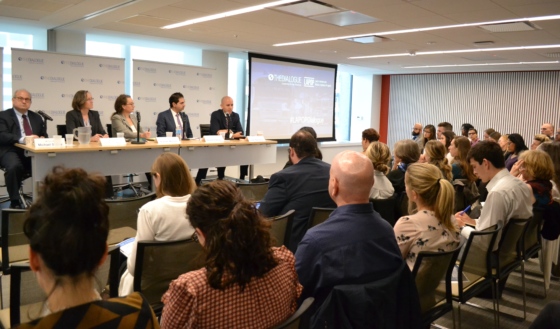 Video
Video
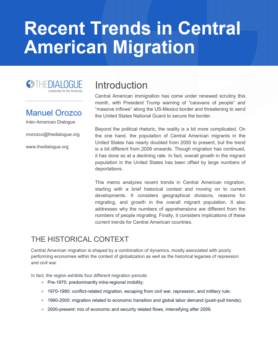
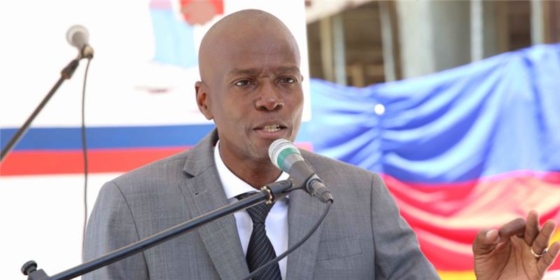

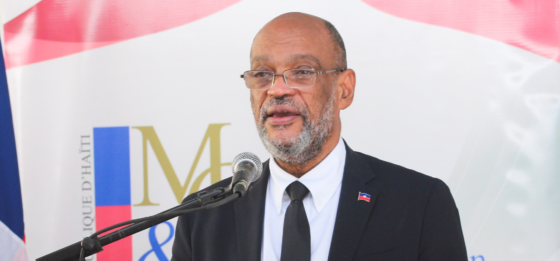
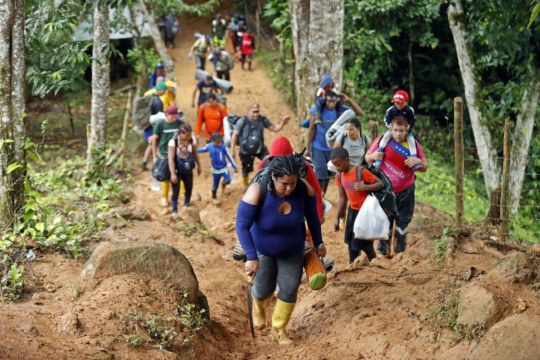
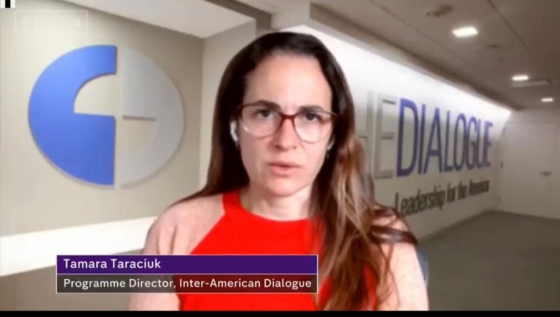 Video
Video
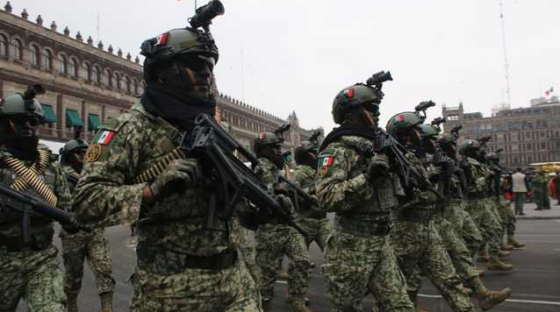
 Video
Video


